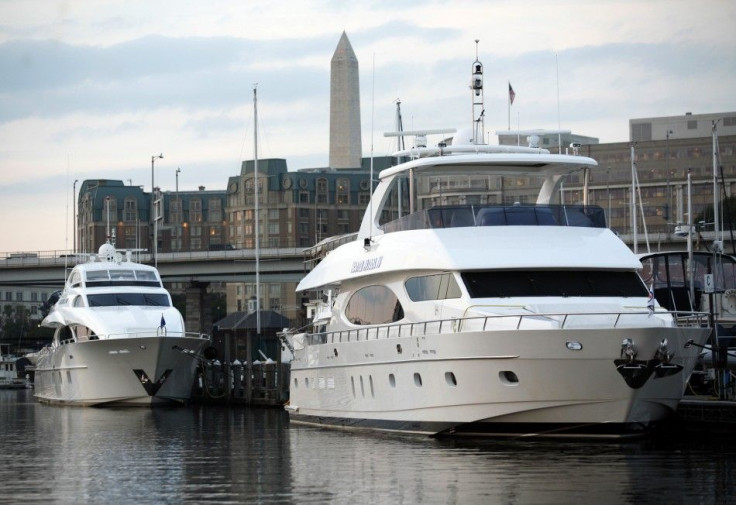Millionaire’s Tax - Public Says Raise Taxes on Rich, Don’t Touch Social Security: Poll

More than two-thirds of Americans -- including a majority of Republicans -- say the rich should pay more in taxes to reduce the U.S. budget deficit, a new Bloomberg-Washington Post Poll released Tuesday indicated.
What's more, an even larger majority said entitlement programs Social Security and Medicare should be left alone.
However, while a majority of Americans want the rich/upper income groups to pay more in taxes, most Americans are also realistic regarding their financial outlook: 8 out of 10 Americans said the middle class will have to make financial sacrifices, as well, to cut the U.S. budget deficit. That said, this group also strongly opposes higher taxes on middle-income families.
Further, so fall polls like the latest Bloomberg-Washington Post Poll have had little impact on 2012 Republican Party candidate field: none of the GOP presidential candidates has supported a tax increase on households with more than $250,000 in adjusted gross income.
Returning to the Bloomberg poll's results, Americans remain concerned about the U.S. economy. More than 50 percent think the financial crisis will continue for the next two years (or a new one will start), and most of the nation doubts the winner of 2012 U.S. presidential election will affect the U.S. economy or their personal financial situation.
Most Say GOP President Would Not Have Managed Economy Better
In addition, more than 50 percent of Americans say the U.S. economy's current condition would be the same if a Republican occupied the White House instead of President Obama or they say they don't know which president would do a better job.
What's more, 23 percent say a Republican president would do a better job managing the economy, but more -- 25 percent -- say a Republican president would do a worse job.
The Bloomberg/Washington Post Poll surveyed 1,000 adult Americans Oct 6 thru 9 and has margin of error of plus or minus 3.5 percentage points.
Political/Public Policy Analysis: The latest Bloomberg/Washington Post poll's results are typical for a period of economic stress and uncertainty.
Americans see little improvement in the economy, but simultaneously see little in the opposition party's recommendations -- in this case the Republican Party- that offers cause for them to become ecstatic.
And with good reason: the GOP has argued for mostly traditional policies -- tax cuts on upper income groups, followed by more tax cuts on upper income groups, followed by an increase in defense spending. These ideas have little resonance with an American public that's in search of jobs or is concerned about losing one.
Further, talk of defense spending, beyond the core needed to maintain U.S. national security, likewise, does not impress voters: after the controversial Iraq War and amid the seemingly endless Afghanistan War, the U.S. public is growing weary of fighting wars that do not have a specific purpose of exit strategy.
That said, voters to-date also are unimpressed with President Obama's performance and that of the Congressional Democratic Caucus. In fact, the public may blame them more in November 2012, if the U.S. economy doesn't improve with adequate job growth, as they are in power in the White House. Historically, the party in power in the White House at election time gets the credit or blame for the U.S. economy.
© Copyright IBTimes 2024. All rights reserved.











